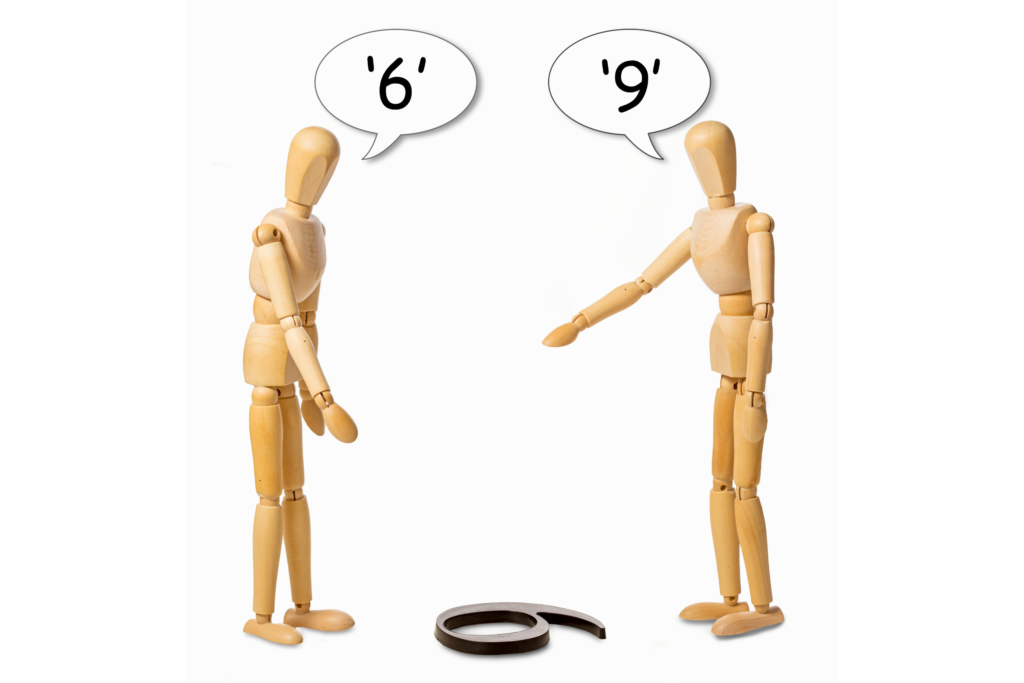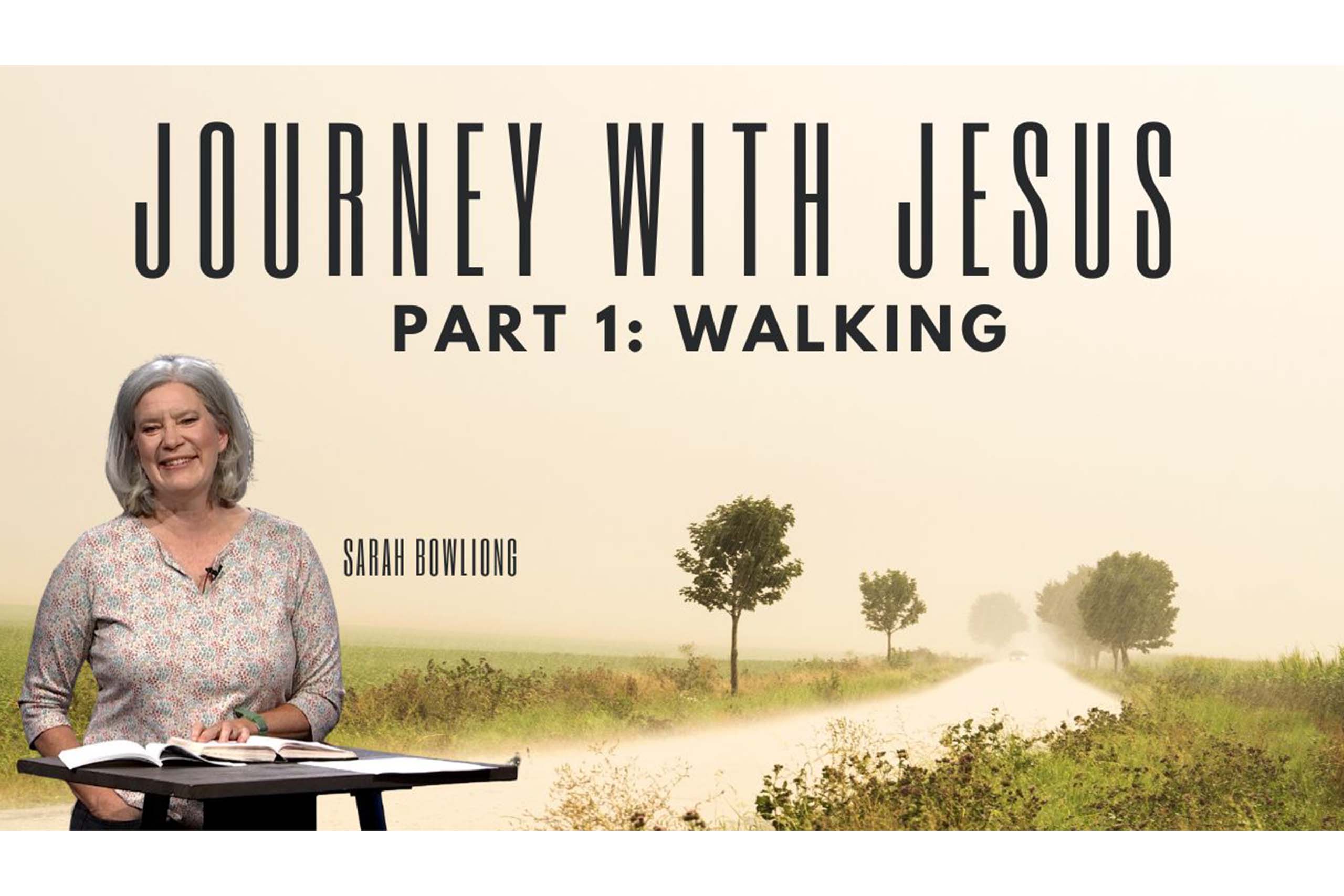“What are you smoking?” It’s not uncommon in our house for someone to ask this question. We have three kids who are quickly becoming young adults, independent, and wonderfully unique. Additionally, my husband is on the cusp of being 60 years old, and I’m 54. In relation to our generational outlooks, he is very much a baby boomer, and I’m very much an Xer. Furthermore, our family has two girls and three boys, so there are differences in perspective from a girl and guy point of view.
In terms of things on which we all generally agree, these would include: enjoying pho, Korean bbq, steak, Lord of the Rings, Star Wars and Colorado weather. My family would agree that we took skiing vacations during the winter months, but they would have different opinions about how good or bad these vacations were. I’m learning that just because someone has a different point of view from me, it doesn’t make them wrong or make my viewpoint less valid. It’s just different.
I’m bringing this to your attention because the Gospels have these differences in their points of view. This is important because each Gospel shows Jesus from a unique perspective. It’s also helpful so that we can see Jesus more accurately instead of reading about Him from just one perspective. For example, if you read the Gospel of Luke, he will tell you lots of medical details because he’s a doctor. He also has lots of interactions and observations with females that are definitely missing from the other Gospels.
As for Mark, this Gospel is non-stop action, and the word “immediately” is used about forty times in this book. Mark doesn’t capture long teaching lessons from Jesus, but he does get heaps of action, and he pays high-quality attention to demonic stuff and Jesus’ power over demons.
Maybe in direct contrast to Mark, the Gospel of John moves slower and has lots more emphasis on love and Jesus’ more in-depth interactions and conversations with people. For example, it’s really powerful to look at Jesus’ conversation with Peter after Peter’s betrayal and His resurrection when Jesus asks Peter if he loves Him. You can read this in John 21, and I think Jesus level-sets His relationship with Peter when He asks Peter about love.
Finally, the Gospel of Matthew is very unique because it has a whole lot of interactions and conversations with the Jewish establishment in Jesus’ day. It seems to me that this Gospel really captures the religious struggles and tensions that were happening in Jesus’ lifetime. Maybe that’s helpful to us today, challenging us to be less religious and more relational.
I’m bringing all of these Gospels to your attention to emphasize the validity of their points of view. I also want to celebrate that each Gospel helps us to see Jesus from a different angle, and to that end, we get a better understanding of who Jesus really is, rather than seeing Jesus from the tight confines of one viewpoint.
In thinking about the variety of viewpoints in relation to the Gospels, let’s remember people around us have different perspectives. When their outlooks are different than ours, may we please posture ourselves to be respectful and listen rather than being combative and dismissive?
If we can’t allow bandwidth for differences of viewpoints, I think that we will only experience life in a narrow construct. We could also miss seeing Jesus in perspectives and nuances that are fresh and vibrant as a contrast to our familiar and well-traversed journey with Jesus. Let’s make sure that we’re open to different points of view so that we can see and experience Jesus in truth!



